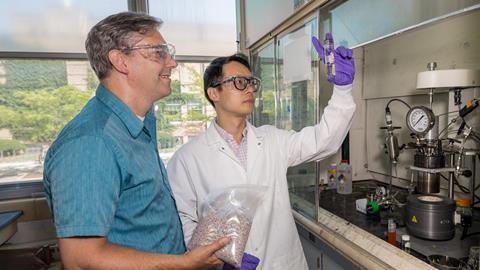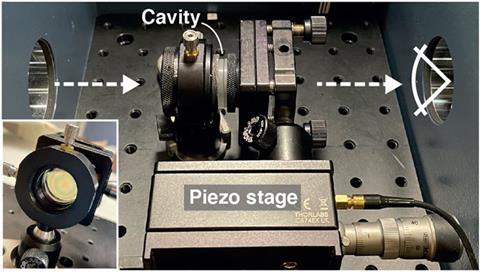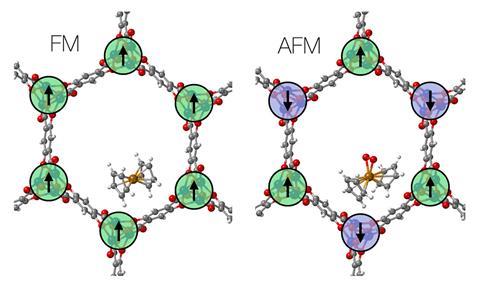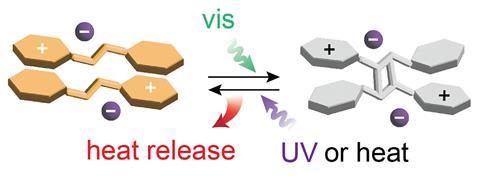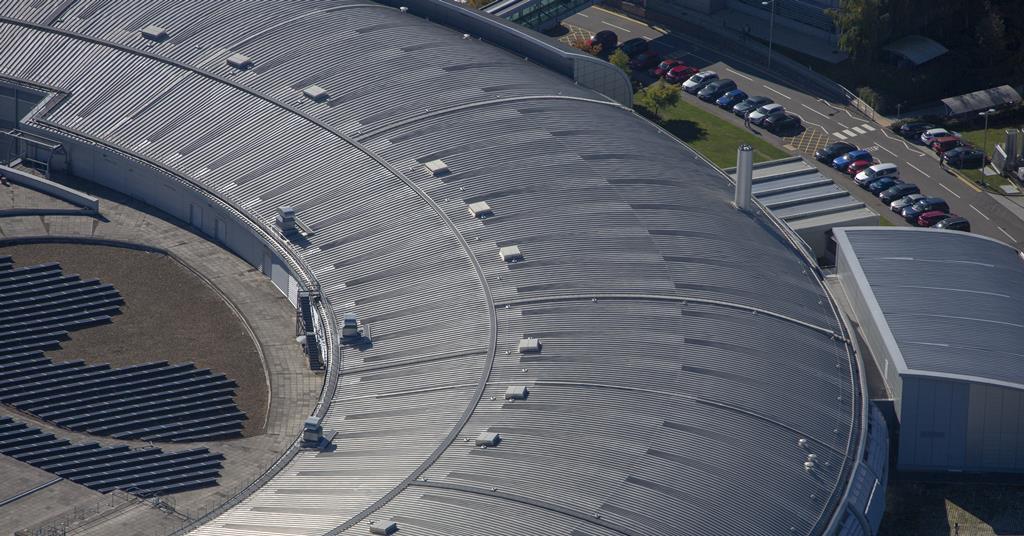There is very little doubt that Aristotle (384–§22 BCE) is the predominant figure in the narrative of the history of European science in the twenty-two centuries from 400 BCE to 1800 CE, and even after that he remains a central figure in the discourse. The general literature on Aristotle as a philosopher would fill a […]
Read More
